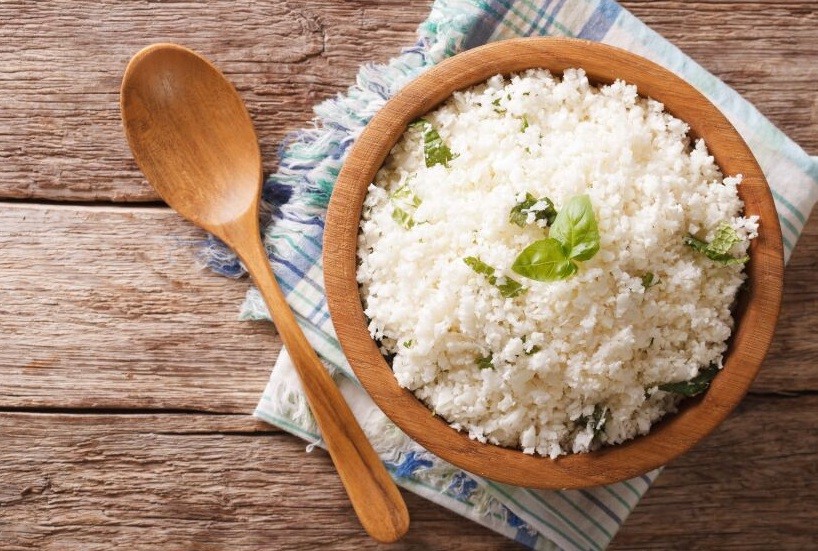08/11/2023
08/11/2023

NEW YORK, Nov 8, (Agencies): You might have heard of a peculiar health hack circulating online: cook starchy foods like pasta or white rice and refrigerate them overnight. The result? A transformation of the natural starches into a healthier variant known as resistant starch, has been associated with numerous health advantages, including improved blood sugar levels, enhanced gut health, and a lower risk of specific cancer types.
At first glance, altering a food's health properties through a simple cooking and cooling process may seem too good to be true. However, experts like Balazs Bajka, a gut physiologist at King’s College London, suggest that there's some scientific merit to this practice.
When starchy foods are cooked and subsequently cooled, changes in their structure occur, which could be advantageous for your health, Dr. Bajka explains. So, what's the science behind this?
Resistant starch is a type of dietary fiber naturally found in various plant foods, such as whole grains, beans, nuts, seeds, green bananas, and plantains. Interestingly, it can also be created in foods primarily containing regular starch, like rice, pasta, and potatoes, through cooking and cooling.
This process causes the starch molecules in the food to become densely packed together, making them more challenging to digest. As a result, the starch becomes "resistant," meaning its sugar molecules are not readily broken down and absorbed into your bloodstream, unlike regular starch.
One of the significant advantages of resistant starch is that it doesn't cause a significant spike in your blood sugar, making it especially beneficial for individuals with diabetes. Instead, it continues its journey into your intestines, where it can nourish beneficial gut microbes. These microbes, in turn, contribute to the production of beneficial molecules associated with lower cholesterol, reduced inflammation, and improved gut health.
There's also emerging evidence that resistant starch may play a role in reducing the risk of certain cancers, although further research is needed to confirm this connection.
In a recent trial involving over 900 individuals with Lynch Syndrome, a genetic condition linked to various cancer types, participants were divided into two groups: one receiving 30 grams of a resistant starch supplement daily for up to four years and another group receiving a placebo. Several years later, the study found that those taking the resistant starch supplements had a significantly lower risk of developing types of cancers, particularly in the upper gastrointestinal tract, such as the stomach or pancreas. The supplements used in the trial were provided by a company specializing in starch ingredients but were not involved in the study's design or analysis.
In addition to the benefits of resistant starch, when you cook and cool a starchy food, you effectively increase its fiber content. Fiber is well-known for its health advantages, including a reduced risk of heart disease, Type 2 diabetes, and specific cancers. When consumed in the form of resistant starch, it appears to be less likely to cause uncomfortable side effects such as gas or bloating.
Overall, incorporating more fiber into your diet, whether in the form of resistant starch or other sources, can be beneficial. Excellent sources of dietary fiber include whole grains, fruits, vegetables, and legumes. Moreover, you can boost the levels of resistant starch in foods like pasta, potatoes, and rice by simply cooking and cooling them.
This technique may prove especially useful for individuals with Type 2 diabetes or pre-diabetes, as it can help stabilize blood sugar levels. Many health professionals encourage experimenting with cooking and cooling methods for starchy foods to assess their impact on blood sugar levels. This approach can be empowering, particularly for individuals with diabetes who may have previously avoided starchy foods due to concerns about blood sugar spikes.


